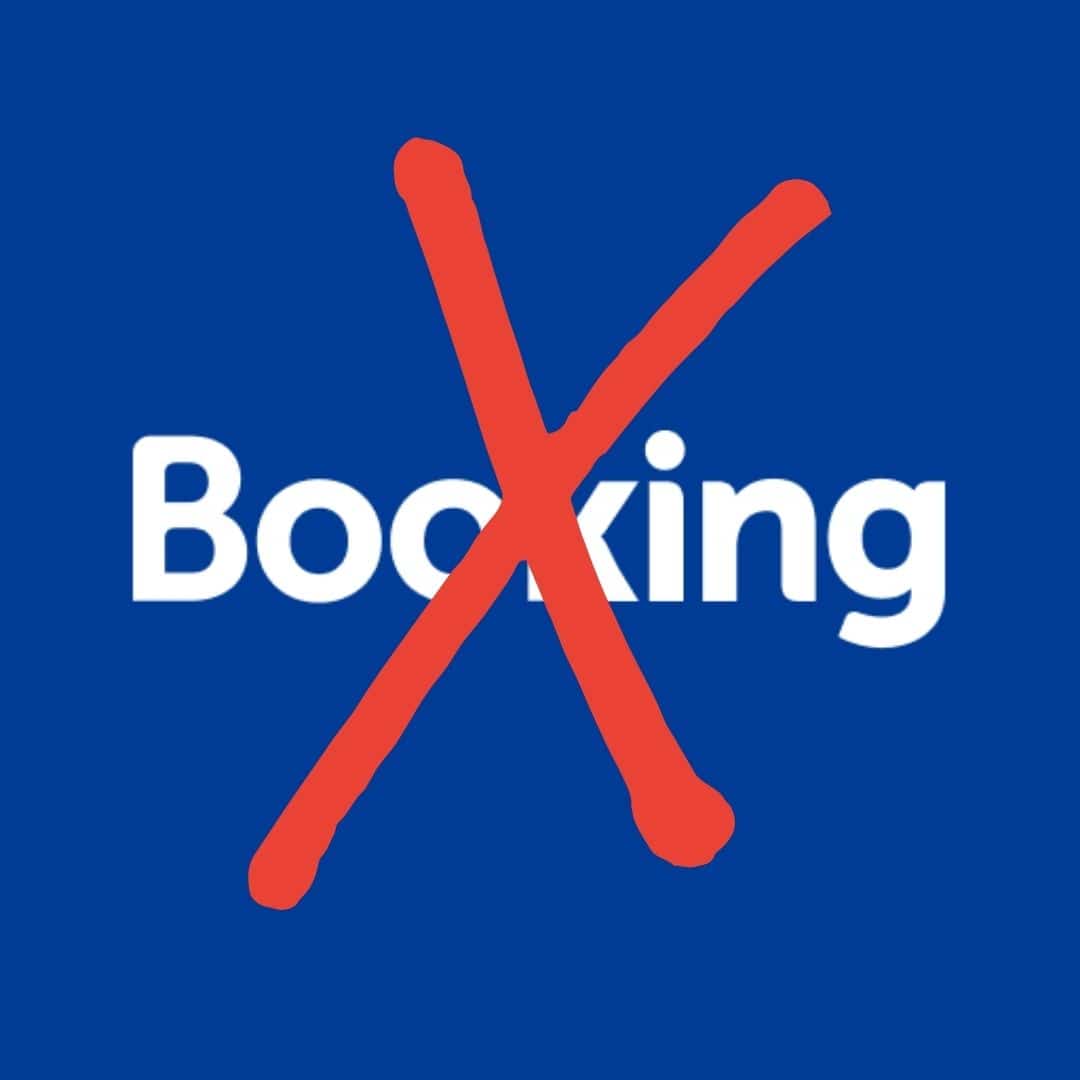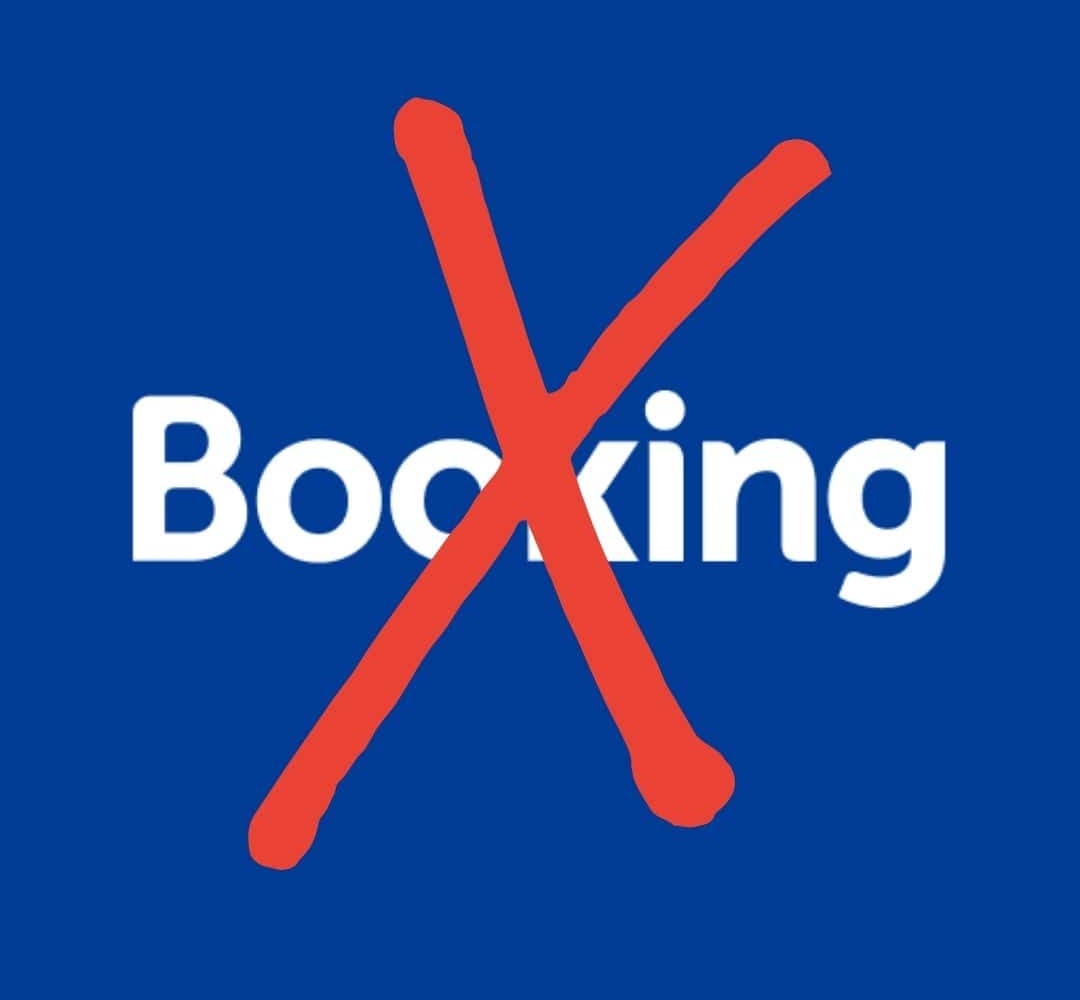TRAVEL NEWS – June 4, 2021: Booking.com will nevertheless repay the wage support it received from the Dutch government during the corona pandemic. There has been a lot of fuss in recent weeks about bonuses that the company had paid out to top managers.
26 million euros in bonuses
The 26 million euros in bonuses were paid to top managers, while the company still called on the NOW corona scheme last year. This is intended to be able to continue to pay the wage costs in the event of a major loss of turnover. In total, Booking.com has received 110 million euros in state aid. 65 million of this was wage subsidy (NOW) from the Dutch State.
It led to a debate in the House of Representatives about the rules regarding NOW support. Almost the entire House of Representatives demanded that Booking.com repay the state aid.
Dutch society can't take it anymore
"We have closely followed the debate in Dutch society in recent days, we take this extremely seriously and we have an eye for the sensitivity of this subject",
“The question of whether we would repay the NOW subsidy has always been on the table, but for Booking.com it was a consideration for when we would get into more stable financial waters.” The company said in a statement. Of course it is easy to say afterwards… Mustard after the meal.
Shame on Booking.com
Because it is really not just receiving corona support and paying out millions of bonuses to top management. Travel websites like Wereldreizigers.nl and Hoteliers around the world have gradually seen their situation at booking.com deteriorate in recent years.
Year after year, publishers and hoteliers are further squeezed by Booking.com. The consumer also gets wind of it and no longer accepts it. You can even speak of a Booking.com shame.

It is almost impossible to book a hotel through Booking.com without guilt and shame. The brand shame is there and Booking.com now seems to be doing everything they can to give their brand a better name again.
Too little too late if you ask us. Booking.com will have to do its utmost in the coming years to regain the trust of us (the travel industry) and that of you (the consumer).
How the booking.com shame started
Now that Booking.com says it will pay back a large part of the state aid received, it is interesting to look at why paying the bonuses to top managers was the so-called straw that broke the camel's back.
In May last year there was an angry LinkedIn message van Niels Meijssen about Booking.com. The core: why apply for state aid if you paid out billions to shareholders last year? Meijssen was overloaded with reactions and therefore started Beterboeken.nl. With all the support and sympathy in the back pocket, a starting capital of 2 million euros was raised in the autumn via through crowdfunding.
Under the new name Time to Momo the 'sympathetic alternative to Booking.com' will soon be launched. Also Wereldreizigers.nl has invested in the crowdfunding campaign and is currently proud to be a (small) shareholder in the initiative. The aim is to establish a fair booking platform in which everyone who participates in the booking process is fairly rewarded.
Boycott Booking.com
Back to booking.com. Over the past year, 'Boycott booking.com' has become a well-known term in the travel industry. Many of our travel blog colleagues are done with it. Many of them have removed thousands of booking.com links from their website in the past year. Also Wereldreizigers.nl has participated in this 'clean-up campaign'. We spent days trying to remove 99% of the links to booking.com. We are also trying to become completely 'clean' Booking.com this year.

This is because as sophisticated travelers and travel bloggers we have seen Booking.com evolve over the years from a great booking service (because let's face it, it is) to a bizarre publicly traded and for-profit company that is about proverbial corpses.
On several travel websites that we have run, we have seen the number of clicks only grow over the years, but the earnings, strangely enough, kept falling.
Squeezing publishers with 'session' cookies
This is because Booking.com keeps increasing commissions for travel websites such as Wereldreizigers.nl, which ultimately takes care of a large part of their customers, invariably continues to decrease. They also reduced the cookie length from 30 days to "session" over the years.
This means in plain language that if you read a travel blog with us about the best hotels in a city or country and click through to booking.com to view the hotel, we can only earn a few cents if you directly, in that session , completed and paid a booking.
In reality, of course, it doesn't work like that, and Booking.com knows that all too well. In most cases, you save a hotel in your favorites list or save it in another way. At another time, for example a week later or when you have booked your flight, you can still book the hotel.
When a cookie is valid for 30 days, we, the person who initially refers you (the customer), to the hotel on Booking.com, would receive a small commission. Changing the cookie length from 30 days to 'session' made travel websites such as Wereldreizigers.nl the proverbial tie turned. We were still forwarding thousands of potential customers, but Booking.com is running away with the profits. No profit sharing with the publishers, just the full 100% for booking.com.
You can probably imagine that many travel websites feel cheated by booking.com because of this.
Hotel owners and usury commissions
Hotel owners are actually in the same boat. Hotel owners have also seen their profits plummet over the years via Booking.com. Over the years, the hotel offer on Booking.com has become gigantic. They have been able to bind many hoteliers with low fees and attractive conditions. After a few years, many hotels were largely dependent on bookings made through Booking.com. As long as the commissions remain relatively low, this is also a win-win situation for hotel owners.

But unfortunately it didn't work out that way. It is something we also know from Thuisbezorgd.nl – first binding restaurants, then driving up the fees enormously. The fee already depends on the date and location, 15 to 25% per booking on booking.com.
Commissions between 15 and 25%
In 2021, a hotel owner pays no less than between 15 and 25% commission per booking to booking.com. 10 years ago, the commission for hotels was between 4 and 10%. A much more realistic amount, which hoteliers could also live with and survive. With a huge 25% commission, this is a different story. This is almost the entire profit margin of the hotel. Without that profit margin one cannot run a profitable business, so prices have to go up for the consumer. Ultimately, the hotels and consumers are the ones who have to fill the huge commission gap left by booking.com.
Realize that any hotel room you find on booking.com could actually be 15 to 25% cheaper. It often pays to contact the hotel directly and book directly through the hotel, rather than through Booking.com. Many sophisticated world travelers know this.
You see the same happening at Thuisbezorgd.nl – Pizzerias and cafeterias now offer high discounts and free drinks if you place your next order directly through them, instead of through home delivery.
Consumers are slowly starting to realize that this kind of grab is really no longer possible, and fortunately more and more often choose to skip websites such as Thuisbezorgd.nl and Booking.com.
Are you already letting your voice speak with your wallet?
Wereldreizigers.nl












